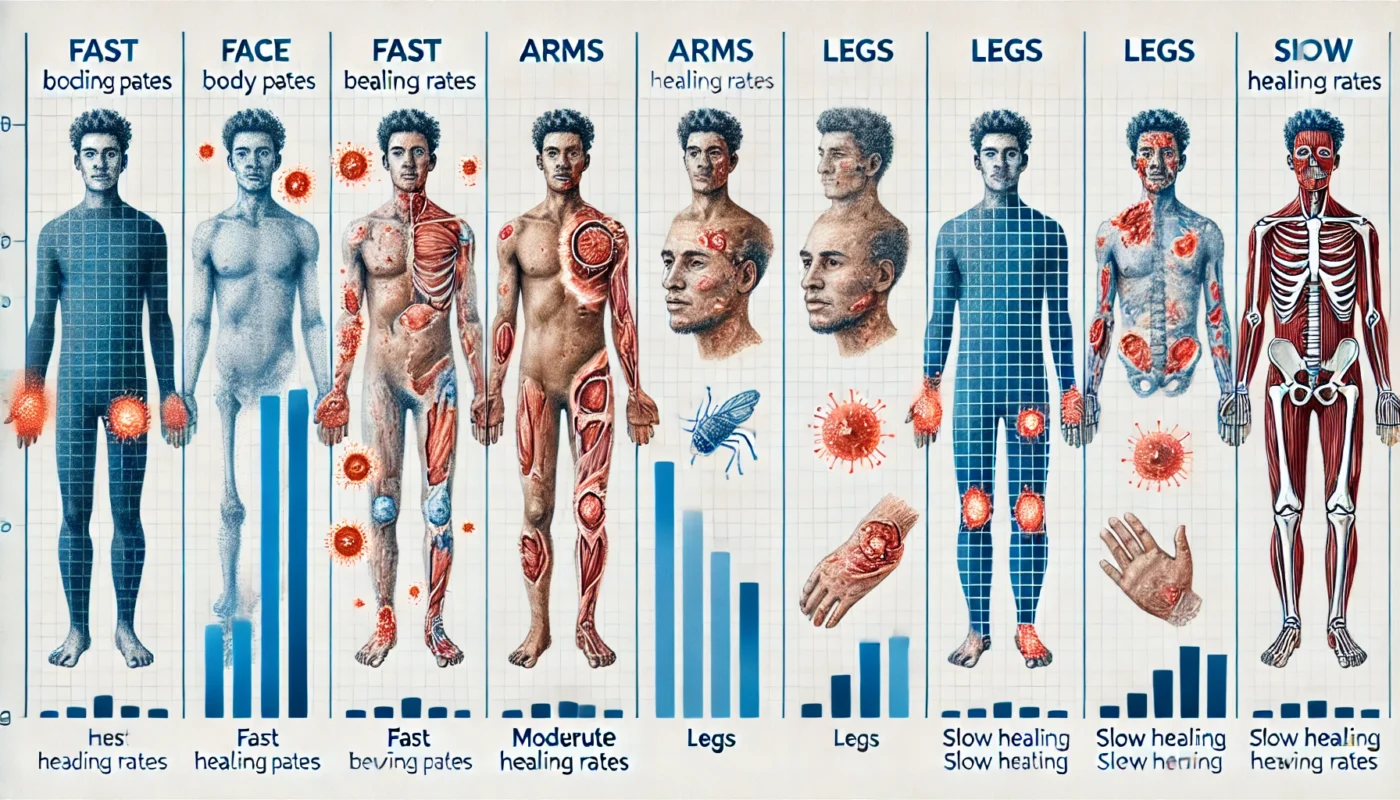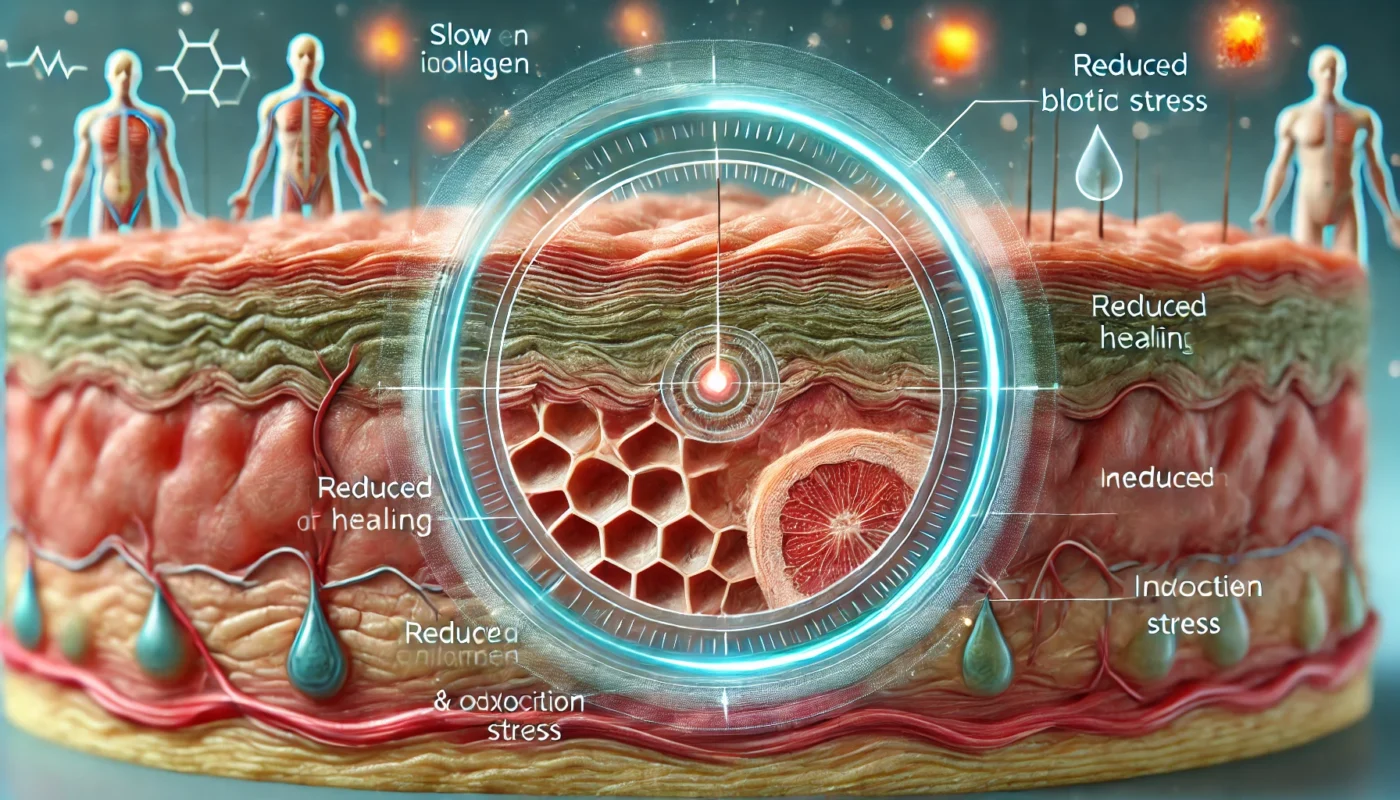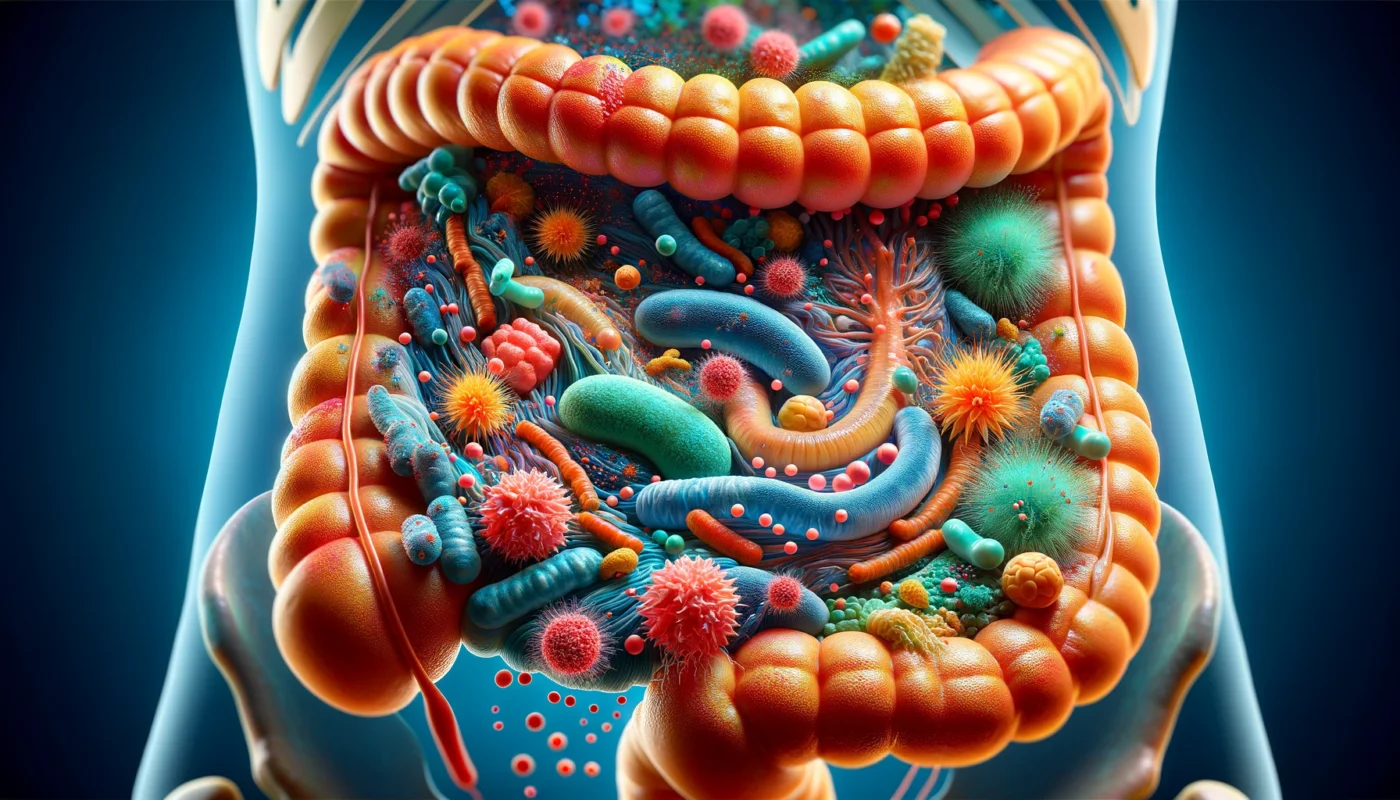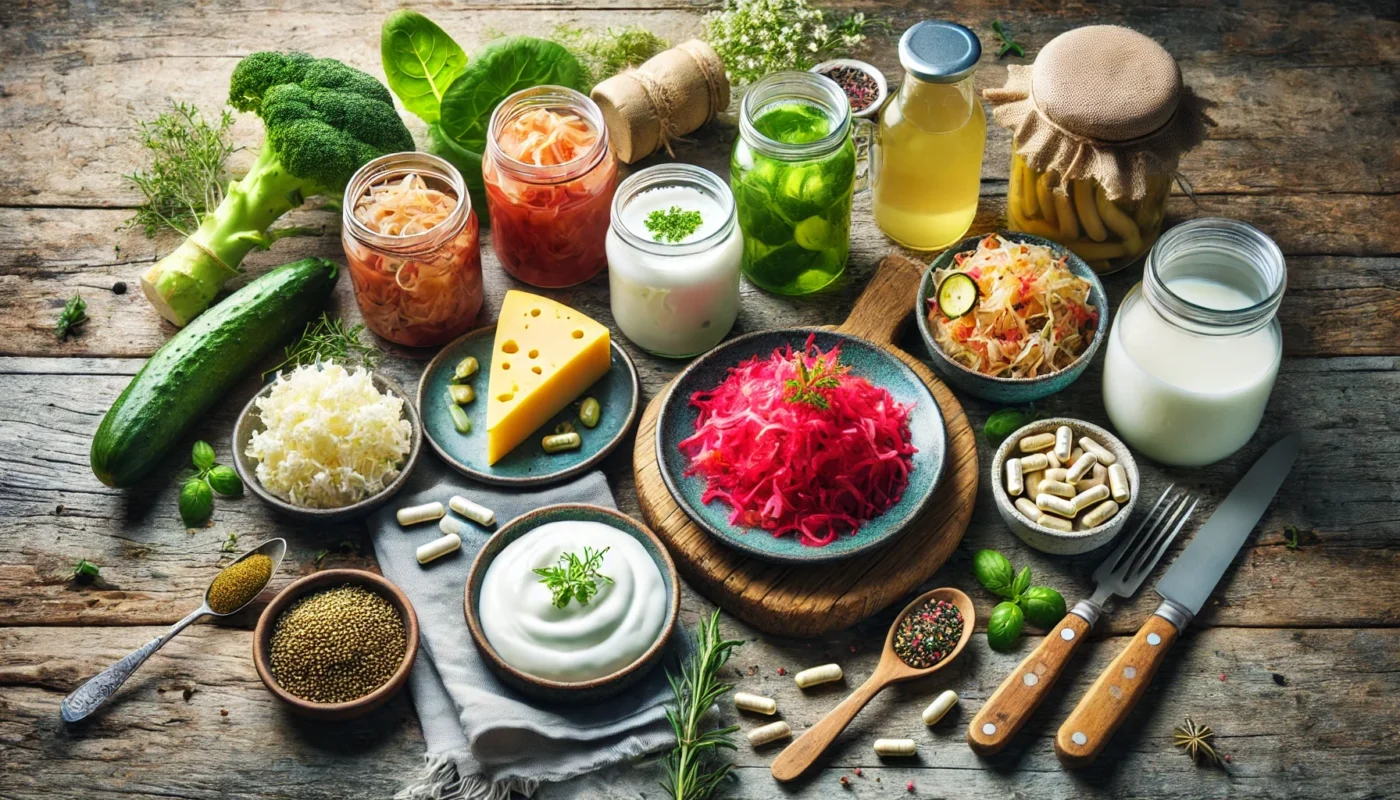Surgical incisions are cuts made by a surgeon during an operation to access the area of the body that requires treatment. The healing of these incisions is a complex process influenced by a variety of factors, including the type of surgery performed, the patient’s overall health, and post-operative care practices.
Tag Archives: Exercise
In the realm of health and wellness, the body’s ability to heal is a captivating subject. It’s a fascinating intersection of biology, medicine, and personal lifestyle that raises intriguing questions: Why do some people seem to recover from injuries faster than others? Is it all down to genetics, or do lifestyle choices play a significant role? In this article, we’ll delve into the complex world of wound healing, exploring the genetic and lifestyle factors that influence the healing process.
Understanding the healing rates of different body parts can be crucial for fitness enthusiasts, health enthusiasts, and medical patients alike. Whether you’re recovering from an injury, managing a health condition, or simply curious about the human body’s capabilities, knowing which parts heal the fastest can guide your approach to recovery and wellness. This exploration delves into the scientific nuances and offers practical advice on optimizing healing.
Before diving into specific remedies, it’s crucial to understand how pain relief works. Pain is a complex experience involving sensory and emotional components. It alerts us to potential harm and prompts us to take action. Various natural compounds can interact with the body’s pain pathways, providing relief without the side effects often associated with conventional medications.
Back pain can arise from various factors, including muscle strain, poor posture, herniated discs, or underlying medical conditions like arthritis. Identifying the cause of your back pain is essential for choosing the appropriate treatment. Consulting a healthcare professional for a proper diagnosis is always a wise first step.
Wound healing is a complex physiological process involving multiple stages: hemostasis, inflammation, proliferation, and remodeling. Each phase is critical and interdependent, requiring a well-coordinated effort from various cells, growth factors, and enzymes. When any of these components are disrupted, impaired wound healing can occur.
The gut is often referred to as the body’s “second brain,” and for a good reason. It is home to trillions of microorganisms, collectively known as the gut microbiome, which play a crucial role in maintaining immune homeostasis. When the gut microbiome is balanced, it functions as a protective barrier against pathogens and supports the immune system’s regulatory functions.
Autoimmune diseases are complex and often challenging to manage, leaving many individuals seeking alternative solutions to alleviate symptoms and improve their quality of life. While conventional medicine offers various treatments, natural supplements can provide a complementary approach to managing autoimmune conditions. In this article, we will delve into the benefits and considerations of using natural supplements for autoimmune condition relief, helping you make informed decisions on your wellness journey.
Before discussing probiotics, it’s essential to grasp the intricacies of autoimmune diseases. These conditions, such as rheumatoid arthritis, lupus, and multiple sclerosis, involve the immune system misidentifying its own tissues as threats, leading to chronic inflammation and tissue damage. The gut microbiome, a complex ecosystem of bacteria residing in the digestive tract, plays a crucial role in regulating the immune response. An imbalance in this microbiome, known as dysbiosis, is often linked to autoimmune conditions.
The immune system’s journey through life is marked by distinct phases, each characterized by unique strengths and vulnerabilities. From the initial development in infancy to peak performance in young adulthood, and eventually to the gradual decline in later years, the immune system’s evolution is a testament to the body’s adaptability.










